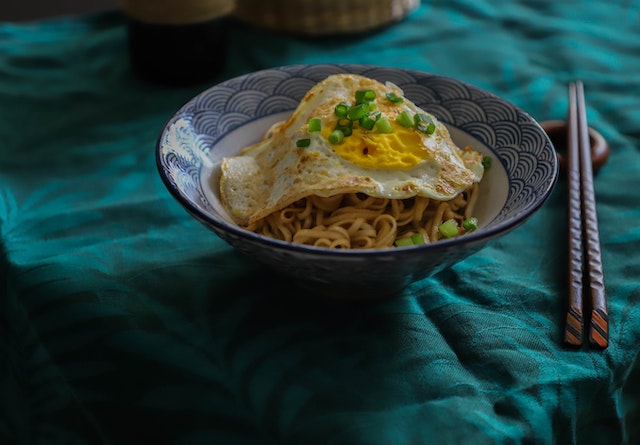Traditional egg noodles are produced with wheat flour, eggs, and water. Some people have food sensitivities or intolerances to proteins found in wheat flour, which is what is used to make egg noodles. This has prompted numerous people to wonder, “Are egg noodles gluten-free?” In this post, we’ll delve into the context of this query and provide some background on gluten, egg noodles, and other options for those who need to avoid gluten.
What is Gluten?
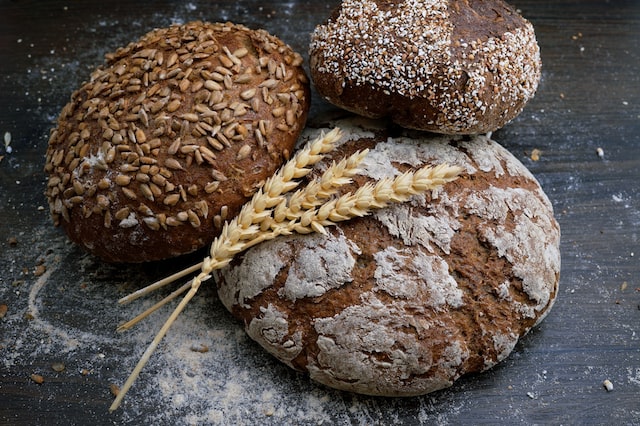
Gluten is a protein present in wheat, barley, and rye. It gives dough its springiness and contributes to its rise when baked. Although most people can safely consume gluten, some people have a sensitivity or allergy to it.
In the case of those who suffer from gluten intolerance or sensitivity, digestion of gluten-containing foods presents significant challenges. Abdominal pain, bloating, diarrhoea, constipation, exhaustion, and headaches are just some of the symptoms that might result from this. Celiac disease, an autoimmune illness that destroys the small intestine lining, is a more serious consequence of gluten intolerance.
Types of Gluten-Free Noodles
#1. Rice Noodles

If you need to avoid gluten, rice noodles are a great alternative. They are a staple in Asian cuisine and may be produced at home with just rice flour and water. Noodles can range from flat and thin (vermicelli) to thick and spherical (udon).
#2. Corn Noodles
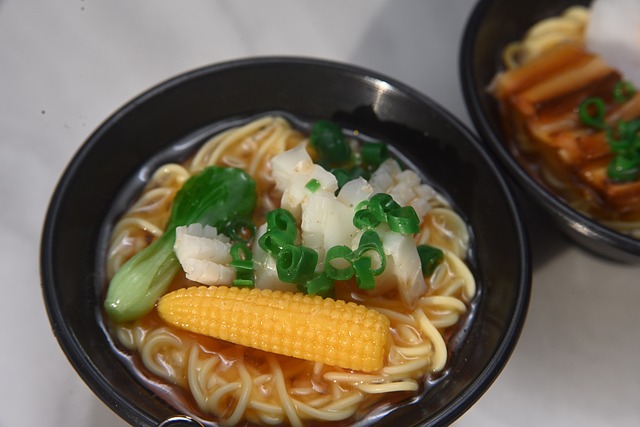
Gluten-free eaters also have another excellent noodle choice in corn. They’re a staple in Mexican cuisine, and the main ingredients are corn flour and water. Yellow in colour, corn noodles have a mildly sweet taste.
#3. Quinoa Noodles
Those who avoid gluten will like quinoa noodles as a tasty substitute for wheat varieties. A great source of protein, they are made with just quinoa flour and water. Quinoa noodles are chewy and taste slightly nutty.
#4. Bean Noodles
To make bean noodles, legumes like soy, mung, or black beans are used. They are a healthy replacement for wheat noodles due to their high protein and fibre content. Bean noodles are solid in texture and have a mildly earthy taste.
#4. Potato Noodles
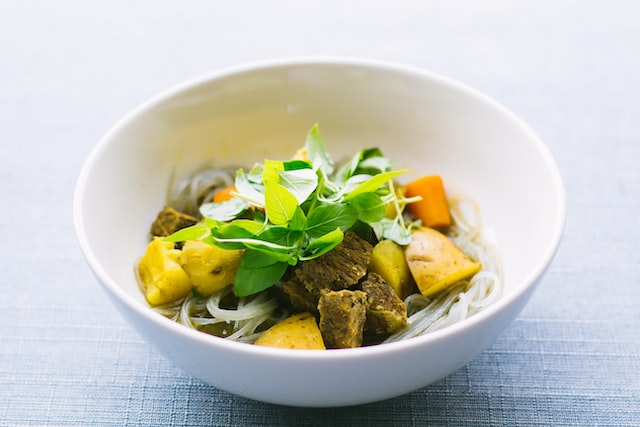
In many parts of Asia, potato noodles have replaced wheat-based varieties. They’re chewy and see-through because potato starch is used in their production. Soups and stews benefit greatly from the addition of potato noodles.
Are Egg Noodles Gluten-Free?
Egg noodle dishes are not gluten-free. With gluten-containing wheat flour, they are not gluten-free. Yet there are gluten-free options available, including several brands of egg noodles. Noodles like these are prepared with rice flour, corn flour, or quinoa flour, all of which are safe for those with celiac disease. Gluten-free flour and potato starch can be used as alternatives.
When buying egg noodles, anyone with celiac disease or a gluten allergy should check the label to make sure they are safe to consume. Search for noodle options that are clearly labelled as gluten-free, and double-check the ingredient list to eliminate any doubt. If you’re not sure if a package of egg noodles contains gluten, it’s safer to err on the side of caution and buy a different brand of noodles that has been independently verified as being gluten-free.
Cooking with Gluten-Free Noodles
The cooking process for gluten-free noodles may vary slightly from that of wheat-based noodles. Achieving optimal results is easy with these suggestions.
Follow the Package Directions
It is vital to cook gluten-free noodles according to the package’s instructions as they may vary significantly.
Don’t Overcook
Gluten-free noodles lose their texture and structure if they are overcooked. Check on the noodles frequently, and take them off the fire as soon as they reach the desired doneness.
Rinse With Cold Water
To prevent the noodles from sticking together, run them under cold water after cooking to eliminate any extra starch.
Use a Nonstick Pan
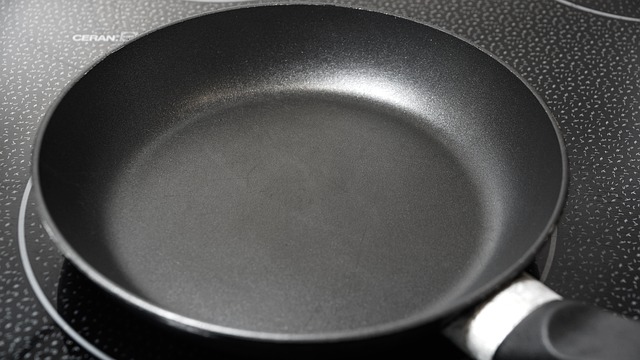
Since gluten-free noodles tend to cling more easily than their wheat-based counterparts, a nonstick pan is recommended for cooking them. Add some oil or cooking spray to the pan to further reduce the likelihood of food sticking.
Conclusion
The controversy of whether egg noodles are gluten-free or not can be perplexing, but the answer is clear: egg noodles are not gluten-free. Wheat flour is used in their production, and individuals with gluten sensitivities or celiac disease may experience discomfort or even damage as a result.
This, however, does not mean that your noodle habit must be abandoned. There is a wide variety of gluten-free options, each with its own flavour profile and texture profile. The most important thing is to pay attention to your body and make decisions that are beneficial to your health, whether that means sticking with traditional egg noodles or trying out some of the numerous gluten-free alternatives available.

